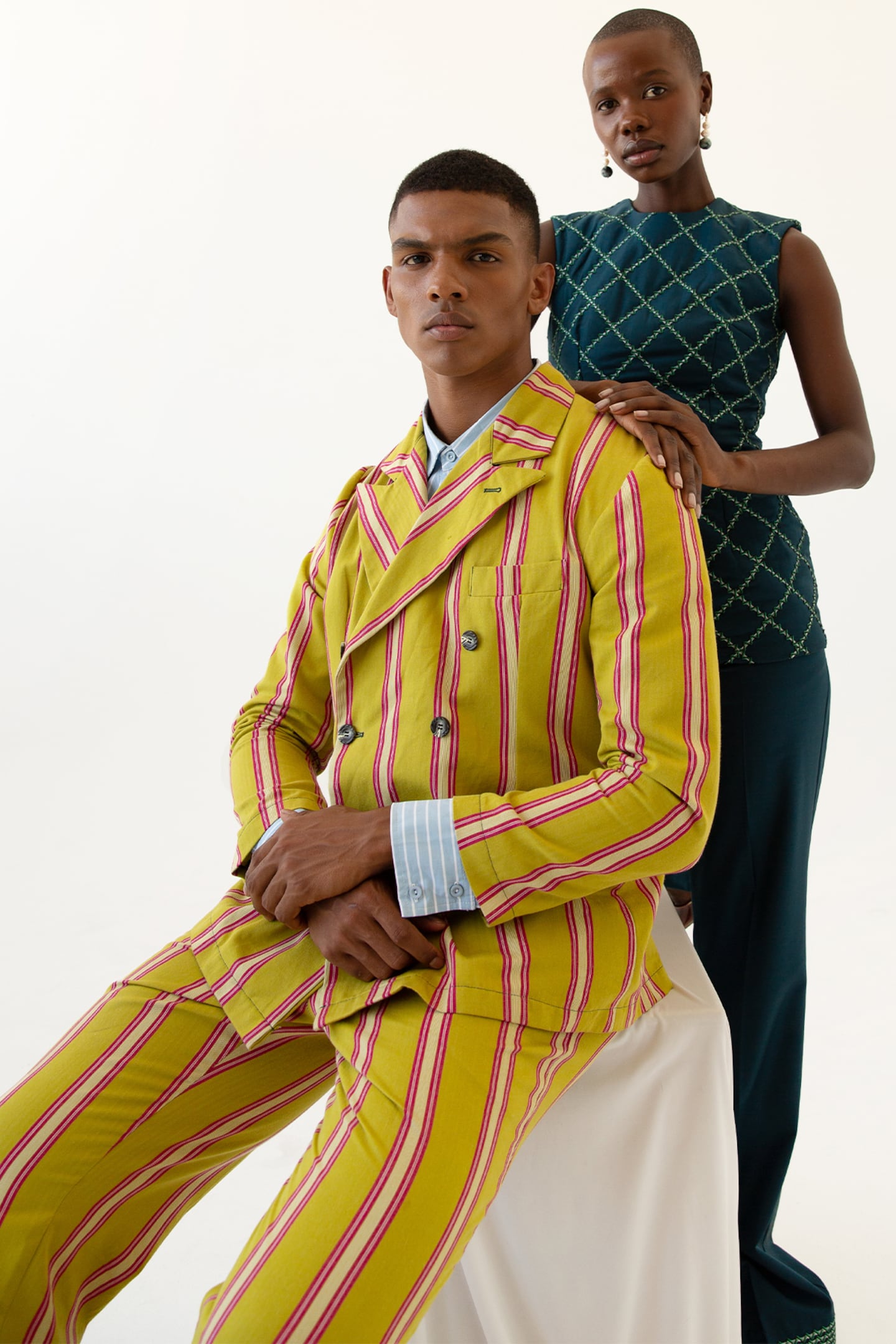The Business of Fashion
Agenda-setting intelligence, analysis and advice for the global fashion community.
Agenda-setting intelligence, analysis and advice for the global fashion community.

The seed funding round was led by venture capital firm Benchstrength and included participation from investors Techstars, Black Tech Nation Ventures and Slauson and Co.
The capital injection will strengthen the company’s previous pivot in 2022 from being an e-commerce site specialised in selling fashion from African brands and those with diasporic roots to global consumers to being a business-to-business venture helping emerging brands enter retailers.
“[Brands] would come to me for advice on how to expand their footprint, how to get a loan or how to recruit talent on this side of the world,” said Amira Rasool, founder and chief executive of The Folklore. “As a small company, we can’t do two big things and be successful. So, we decided to focus on the B2B route so that we can make a larger impact on our brands.”
As part of the company’s new direction, The Folklore will build upon the wholesale management software, technology and marketplace that it launched two years ago to help connect brands to partner retailers such as Nordstrom, Saks Fifth Avenue, Bergdorf Goodman and others around the world. The business is also launching a talent recruiting platform, a service enabling brands to apply for purchase order financing and open lines of credit, and a resource centre for entrepreneurs.
ADVERTISEMENT
Founded in 2018, New York City-based The Folklore’s latest investment brings its total fundraising to $6.2 million, having raised 2.8 million across two pre-seed rounds.
Learn more:
Africa’s $20 Billion E-Commerce Opportunity
The pandemic shone a spotlight on African e-commerce giants like Jumia, Konga and Takealot but now there is a race to become the fashion gateway for the continent. Which specialist etailer will win?
Designer Carly Mark sparked conversation about what it takes to make it as an emerging designer in New York when she announced she was shutting her ready-to-wear line and moving to London. On Thursday she held her last sample sale.
To stabilise their businesses brands are honing in on what their particular consumer wants to buy, introducing new categories and starting conversations.
That’s the promise of Zellerfeld, a 3D-printing partner to Louis Vuitton and Moncler that’s becoming a platform for emerging designers to easily make and sell footwear of their own.
With a new heavyweight backer in Italian firm Style Capital — which helped Zimmermann secure a billion dollar valuation — the French contemporary womenswear brand has ambitions to go global. But it sits in a competitive and hard-to-crack category.